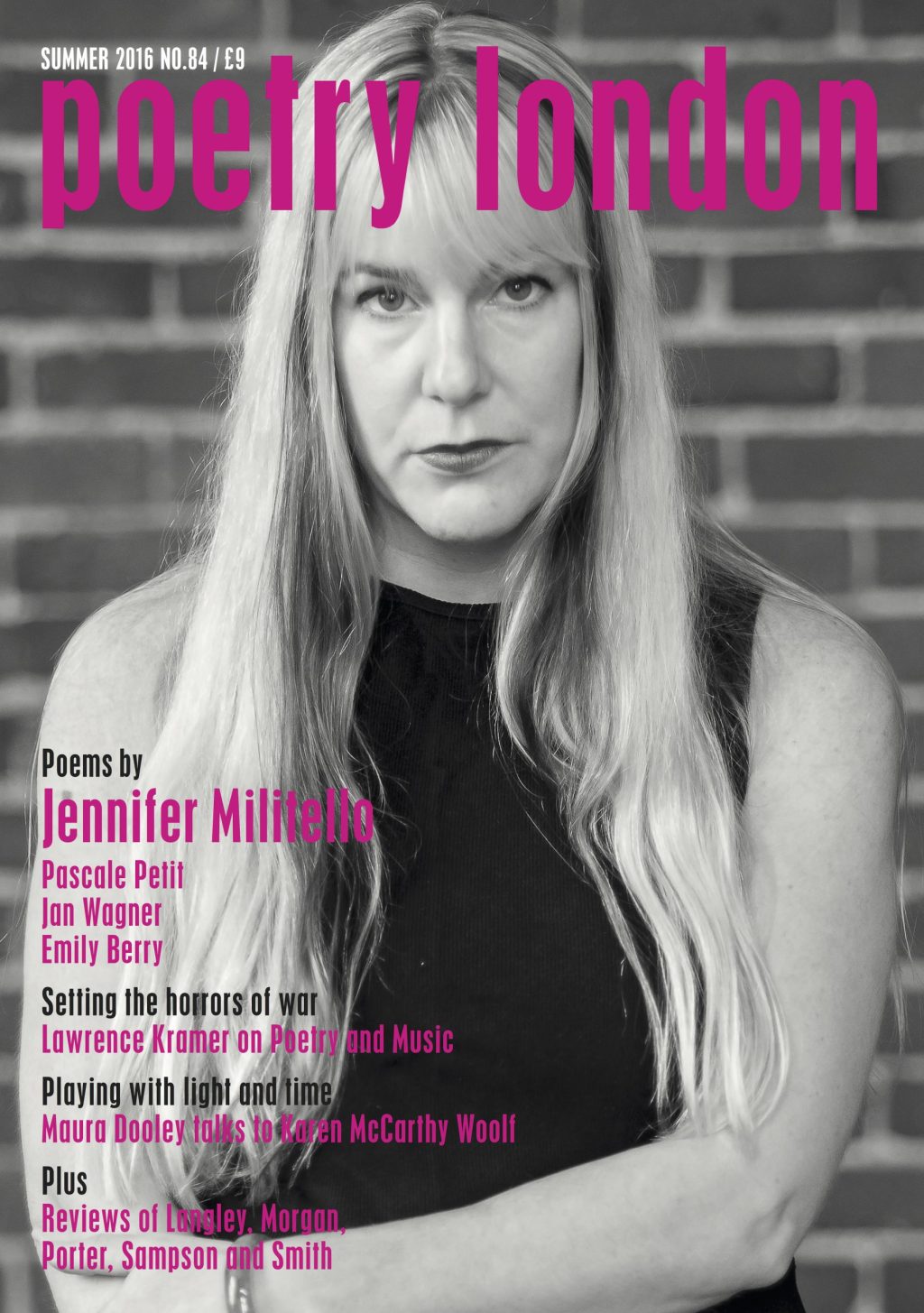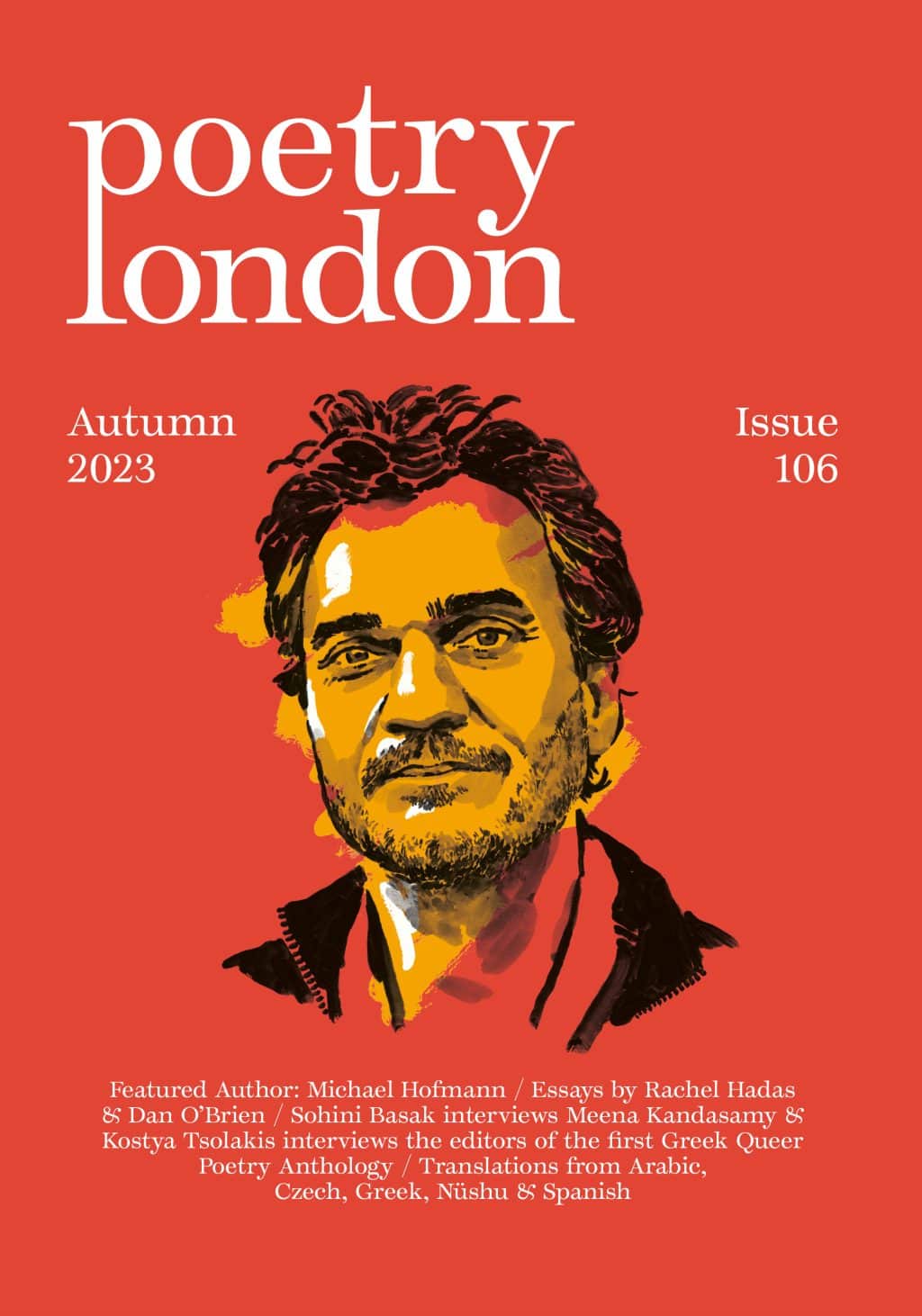Pointing the way
In considering some of the challenges of teaching a poetry course to undergraduates, the American poet Robert Hass calls to mind a haiku by the nineteenth century poet Kobayashi Issa:
The man pulling radishes
Pointed the way
With a radish.
Amplifying the situation he goes on to say ‘The narrator of the poem is hiking along a road. He stops and asks for directions. “Oh, it’s about four miles down the road on the left.” And the fellow working in the field waves his radish… That’s my image of myself teaching poetry: I was the guy with the radish.’
The appeal of this image from Hass’s collection of essays What Light Can Do comes from the (hilarious) suggestion for thinking about poetry from an entirely other field of reference. But behind that lies the more serious point that our thinking about any art form may be impoverished by the very focus its own vocabulary forces upon it. We can only see a poem through the lenses we have inherited – the critical conventions that govern our picture of it – while at the same time we may feel that whole areas of our experience are left unrecognised. It’s possible that the clearest light may come from a source outside the poetry world altogether.
The American composer and musicologist (or more correctly: philosopher of music), Lawrence Kramer, is the author of the essay in this issue of Poetry London, and, for my money, he is the guy with the radish. What is striking about Kramer’s writing about music is that the imaginative world he evokes alludes so closely to the reading and writing of poetry that the two come to exist in a reciprocal relation. As he puts it ‘each art makes explicit the dimension that the other leaves tacit’.
Basic conditions apply to both poetry and music in that the address of both is to the ear. But what is the dimension of music that poetry leaves tacit? ‘When we hear the rain on the windowpane we don’t hear it as rain. We hear the rain. When we hear music express something we hear it as… we hear it and we hear something else. In hearing it, and without ceasing to hear it – we hear something else.’ And to quote Kramer again in another context: ‘For me music has gradually become the labyrinth of another voice, threading those chambers of the ear that wind and unwind into every distance, that turn inside out to become the whorled spaces of the world, of other voices, another voice.’
His way of thinking about that ‘something else’ or ‘other voice’ is through considering the space that music, as opposed to writing, occupies culturally. Writing is both the primary medium of interpretation and the primary object of interpretation. Faced with the text of a poem interpretation expresses the will to power: it enables the reader to subdue the seemingly chaotic, bewildering and even frightening words there on the page. Kramer’s most recent book The Thought of Music (2016) explores what it might be like to think about music as symbolising the experience of an expressive immediacy of sensation that allows a deferral of interpretation. Music offers presence and pleasure without the urgent need, which belongs pre-eminently to writing, to interpret, represent or specify. But the important point is that music does not block or exclude meaning, but instead is constantly making meaning present as a potentiality. It is not a ‘content’, as such, but rather a stimulus whose energy resides in a constant movement towards a meaning.
With the promise of meaning, words follow one another. One thing leads to another. But narrative time, if rendered musical, enables us to arrest the rush of this chain of events towards fixed conclusions. In a curious way music is what gives the writing of poetry respite from the very imperatives of writing itself. The result is not openness or indeterminacy, but forms of possibility. It is our hope that the poems in this issue are made of that music.


